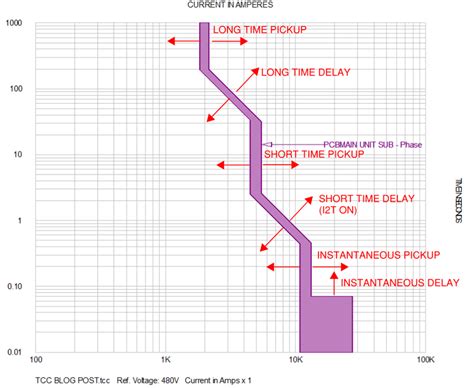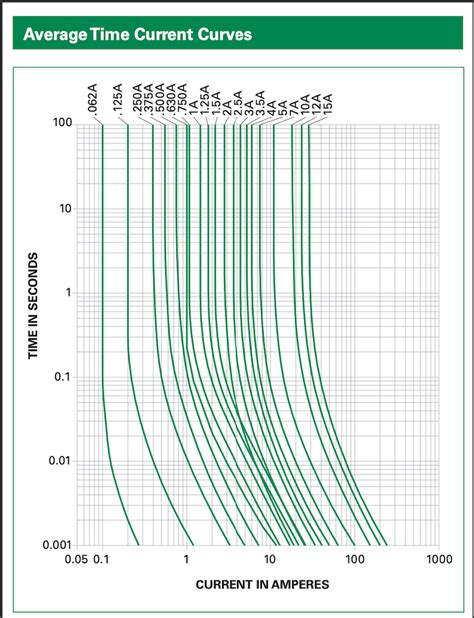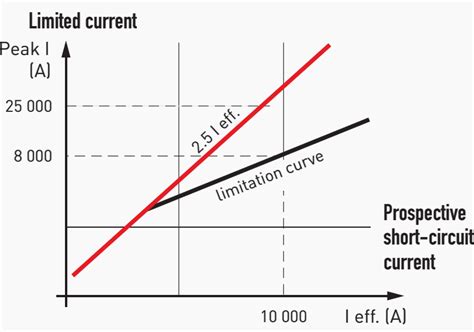lv fuse curves | fuse characteristics curve lv fuse curves For LV HRC and SITOR fuse links, the rated voltage is always the rms value of an AC voltage. For wind power plants and some industrial applications, a higher voltage tolerance is demanded of the LV HRC and SITOR fuses than the tolerance of +5 % defined in the standard. On request, you can obtain a manufacturer's declaration for the rated voltage You also have an opportunity to galaxy bookmarks and stuff. Conclusion. You can get bookmarks the following ways: Merchants (huche, gabashius, secret shop) Chests Hunts 6 and above; Abyss; Achievements (daily, friendship, fill the hero journal, sss devotion, etc.) Shop (100 for 5, 950 for 50) Packs; I hope you enjoyed reading this epic .
0 · time current curve chart
1 · fuse time current curve
2 · fuse curve explained
3 · fuse curve diagram
4 · fuse curve chart
5 · fuse characteristics curve
6 · cut off characteristics of fuse
7 · average time current curves
Hexion Epikote Resin 240 is a 1-Part Air Dry Epoxy Resin Liquid used to Coat. *See Terms of Use Below. Best Practices for Hexion Epikote Resin 240. Register for FREE to view more details. Why register? View Technical Details. View Test Methods. View Key Specifications. View Similar Materials. Save your Project Searches. See what Gluespec .
An organized time-current study of protective devices from the utility to a device. A comparison .For LV HRC and SITOR fuse links, the rated voltage is always the rms value of an AC voltage. .
LV HRC Fuses. During installations, when the HRC Fuses are mounted on the fuse bases or Switch Disconnector Fuse Units in panels above certain height, it is very difficult to identify the status of the fuse link; whether healthy or blown. This .An organized time-current study of protective devices from the utility to a device. A comparison of the time it takes protective devices to operate when certain levels of normal or abnormal current pass through them.
For LV HRC and SITOR fuse links, the rated voltage is always the rms value of an AC voltage. For wind power plants and some industrial applications, a higher voltage tolerance is demanded of the LV HRC and SITOR fuses than the tolerance of +5 % defined in the standard. On request, you can obtain a manufacturer's declaration for the rated voltagecharacteristic curves of the fuse must lie. Deviations of ±10 % are permissible in the direction of the current axis. With Siemens LV HRC fuse links of gG operational class, the deviations work out at less than ±5 %, a mark of our outstanding production accuracy. For currents up to approx. 20 In, the melting time-
to current-limiting fuses. For information on the application of expulsion fuses see Eaton’s Expulsion Fuse Product Focus. Available Types Current ANSI/IEEE fuse standards define three types of current-limiting fuses: back-up fuses, general-purpose fuses and full-range fuses. It is important for the user to have an understanding of theseThe fuse curves represent the cutoff value of the prospective available short-circuit current under the given circuit conditions. Each type or class of fuse has its own family of let-through curves. The let-through data has been generated by actual short- circuit tests of current-limiting fuses.
To assign fuse systems to the right protective task, operators require a basic understanding of the functional principles as well as a minimum understanding of the information printed on the fuse and the technical specifications provided by the manufacturer.
Low Voltage (LV) fuses are essential components in electrical systems, offering protection by breaking the circuit in cases of excessive current. Understanding LV Fuses is key to selecting the right one for specific applications. Let’s delve into three primary types: Cartridge, Blade, and High Rupture Capacity (HRC) Fuses.The time current tool provides generic clearance curves for the DIN NH and BS88 industrial fuses that are manufactured to the standard IEC 60269. The calculator produces a time current curve characteristic plot for up to two curves and provides a clearance time against the entry of a specific current. It will also provide a current against the .The utilization category gG is adapted to the load characteristics of cables and wires. The utilization category aM is adapted to the load characteristics of motors. Overload. Protection against too high warming of electrical devices at overcurrent and overload.LV HRC Fuses. During installations, when the HRC Fuses are mounted on the fuse bases or Switch Disconnector Fuse Units in panels above certain height, it is very difficult to identify the status of the fuse link; whether healthy or blown. This .
An organized time-current study of protective devices from the utility to a device. A comparison of the time it takes protective devices to operate when certain levels of normal or abnormal current pass through them.

prada l'homme eau de toilette amazon
time current curve chart

For LV HRC and SITOR fuse links, the rated voltage is always the rms value of an AC voltage. For wind power plants and some industrial applications, a higher voltage tolerance is demanded of the LV HRC and SITOR fuses than the tolerance of +5 % defined in the standard. On request, you can obtain a manufacturer's declaration for the rated voltagecharacteristic curves of the fuse must lie. Deviations of ±10 % are permissible in the direction of the current axis. With Siemens LV HRC fuse links of gG operational class, the deviations work out at less than ±5 %, a mark of our outstanding production accuracy. For currents up to approx. 20 In, the melting time-
to current-limiting fuses. For information on the application of expulsion fuses see Eaton’s Expulsion Fuse Product Focus. Available Types Current ANSI/IEEE fuse standards define three types of current-limiting fuses: back-up fuses, general-purpose fuses and full-range fuses. It is important for the user to have an understanding of theseThe fuse curves represent the cutoff value of the prospective available short-circuit current under the given circuit conditions. Each type or class of fuse has its own family of let-through curves. The let-through data has been generated by actual short- circuit tests of current-limiting fuses.To assign fuse systems to the right protective task, operators require a basic understanding of the functional principles as well as a minimum understanding of the information printed on the fuse and the technical specifications provided by the manufacturer.
Low Voltage (LV) fuses are essential components in electrical systems, offering protection by breaking the circuit in cases of excessive current. Understanding LV Fuses is key to selecting the right one for specific applications. Let’s delve into three primary types: Cartridge, Blade, and High Rupture Capacity (HRC) Fuses.
The time current tool provides generic clearance curves for the DIN NH and BS88 industrial fuses that are manufactured to the standard IEC 60269. The calculator produces a time current curve characteristic plot for up to two curves and provides a clearance time against the entry of a specific current. It will also provide a current against the .
fuse time current curve
prada kounellis venezia

.
lv fuse curves|fuse characteristics curve


























